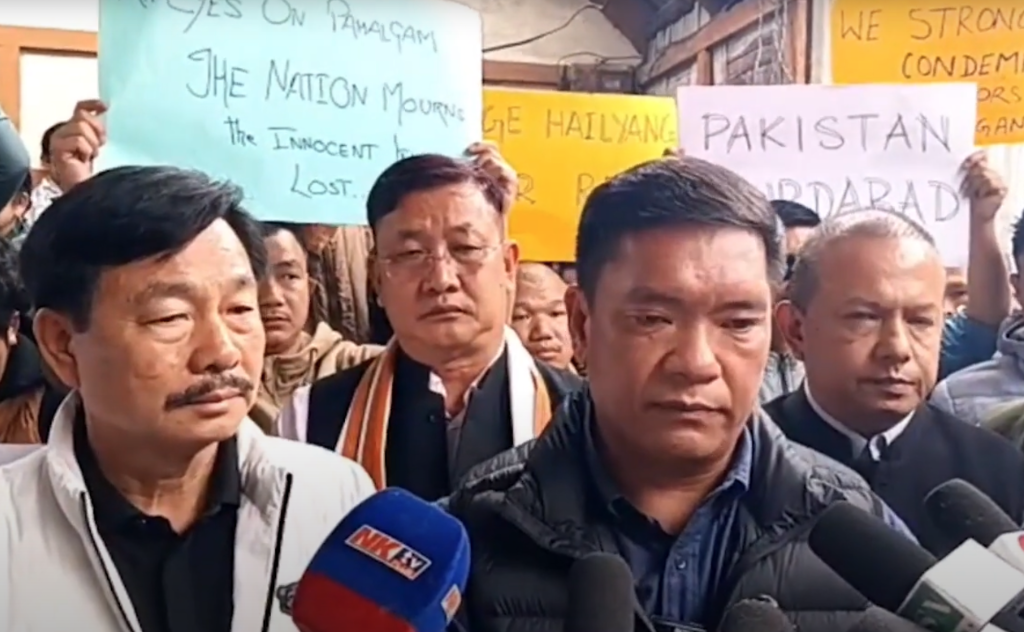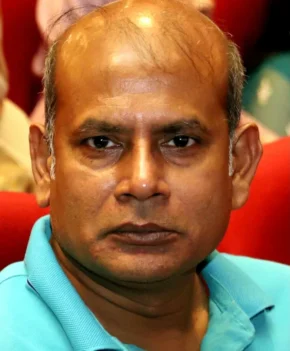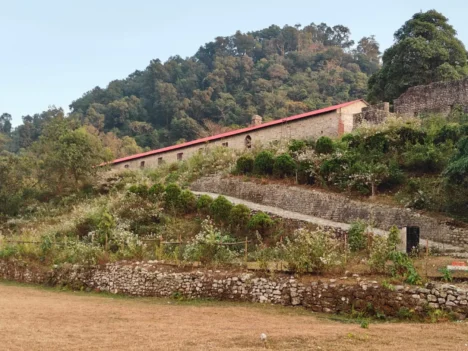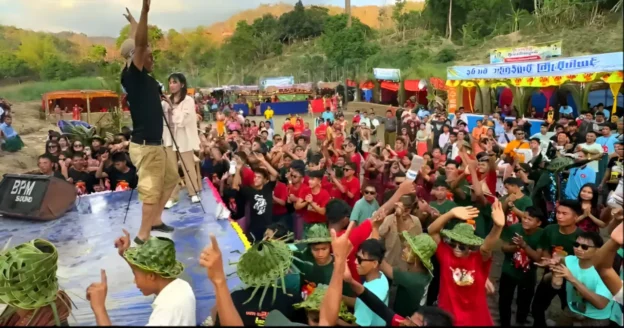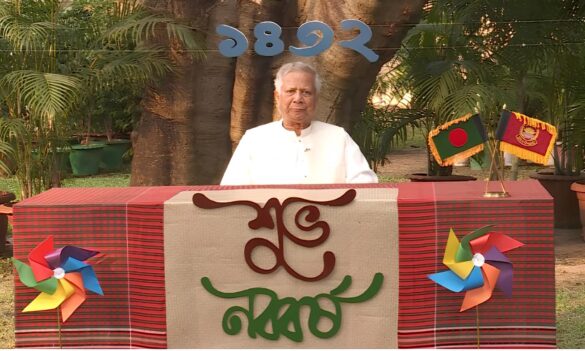It was an emotional homecoming in Tajang village, nestled in Ziro of Arunachal Pradesh’s Lower Subansiri district. But alongside grief, a wave of anger swept through the community as the mortal remains of Indian Air Force Corporal Tage Hailyang returned home on Wednesday. Cries of “Pakistan Murdabad” echoed as forcefully as “Hindustan Zindabad,” voicing a nation’s fury over the barbaric terrorist attack in Pahalgam, Kashmir, on Tuesday, April 22, that claimed 26 innocent lives.
Among the fallen was 30-year-old Corporal Tage Hailyang—off-duty and holidaying with his wife—when terrorists from The Resistance Front, a proxy of Pakistan-based Lashkar-e-Taiba, unleashed carnage. His wife survived. But Hailyang, posted with the Indian Air Force in Srinagar, chose not to run. In a moment of extraordinary courage, he helped civilians flee the line of fire, guiding them to safety, even as he faced death.
As his body arrived at the Hapoli check gate on the Assam-Arunachal border around 7:30 a.m., it was received by Ziro-Hapoli MLA Hage Appa, Lower Subansiri Deputy Commissioner Vivek HP, SP Keni Bagra, and several heads of departments and local organisations. The journey back to Tajang was steeped in silence and sorrow, carrying the weight of a soldier’s sacrifice and a village’s heartbreak.
The house of the slain corporal, usually known for the presence of his father, Tage Tade, the village headman, was now a shrine of national mourning. People came not just to grieve but to join a rising chorus—from the remote hills bordering China to cities across India—demanding justice and calling for decisive action against Pakistan.
Arunachal Pradesh Chief Minister Pema Khandu took to social media, saluting Hailyang’s courage. “In the face of grave danger, Tage Hailyang demonstrated exceptional courage. He had the chance to escape but chose instead to protect those around him,” he wrote. Khandu also condemned the terror attack in the strongest terms, calling out Pakistan for harbouring terrorists. “Pakistan’s continued sheltering of terrorist elements is a grave threat to global peace and must be met with resolute action,” he added, backing Prime Minister Narendra Modi’s firm stance that such a sacrifice demands a forceful response.
What unfolded at Tajang was more than a funeral—it was a moment of reckoning. Arunachal’s Minister Gabriel D Wangsu, MLA Nakap Nalo, Lok Sabha MP Tapir Gao, BJP State President Kaling Moyong, and IGP (Law and Order) Chukhu Apa joined thousands to pay their final respects. The silence of the mountains carried the weight of a collective demand: that the world must no longer look away from Pakistan’s role in nurturing terror.
From Tajang to towns and cities across the North East, the Pahalgam attack dominated conversations—in homes, public gatherings, and on social media. “Pakistan thinks it can do what it wants and get away. They are wrong. More people will be inspired to visit Kashmir,” said William, a local taxi driver from Assam, echoing defiance against fear.
It is also a grim reminder for the North East—a region that has long suffered from cross-border violence. For decades, insurgent groups have used porous borders with Myanmar, Bhutan, and Bangladesh as entry points for training and shelter. Pakistan’s intelligence agency, the ISI, has repeatedly attempted to destabilise the region, meddling in insurgencies since the 1950s.
Even today, reports suggest Pakistan-backed radical elements in Bangladesh may be exploiting current political tensions to create unrest in the North East. Sources point to growing concerns that Pakistan could be eyeing the Chittagong Hill Tracts as a new staging ground for its terror activities—posing a threat not just to India, but to Myanmar as well.
Corporal Tage Hailyang had joined the Indian Air Force in 2017, after graduating from Don Bosco College in Itanagar. He will be laid to rest on Friday in the village that now mourns him as a hero, whose life was cut short but whose bravery will never be forgotten.
This is no longer just India’s battle. The world must act. The time to call out Pakistan not just as a sponsor, but as an architect of terror, has come. Justice must not remain a slogan—it must become a global imperative.

